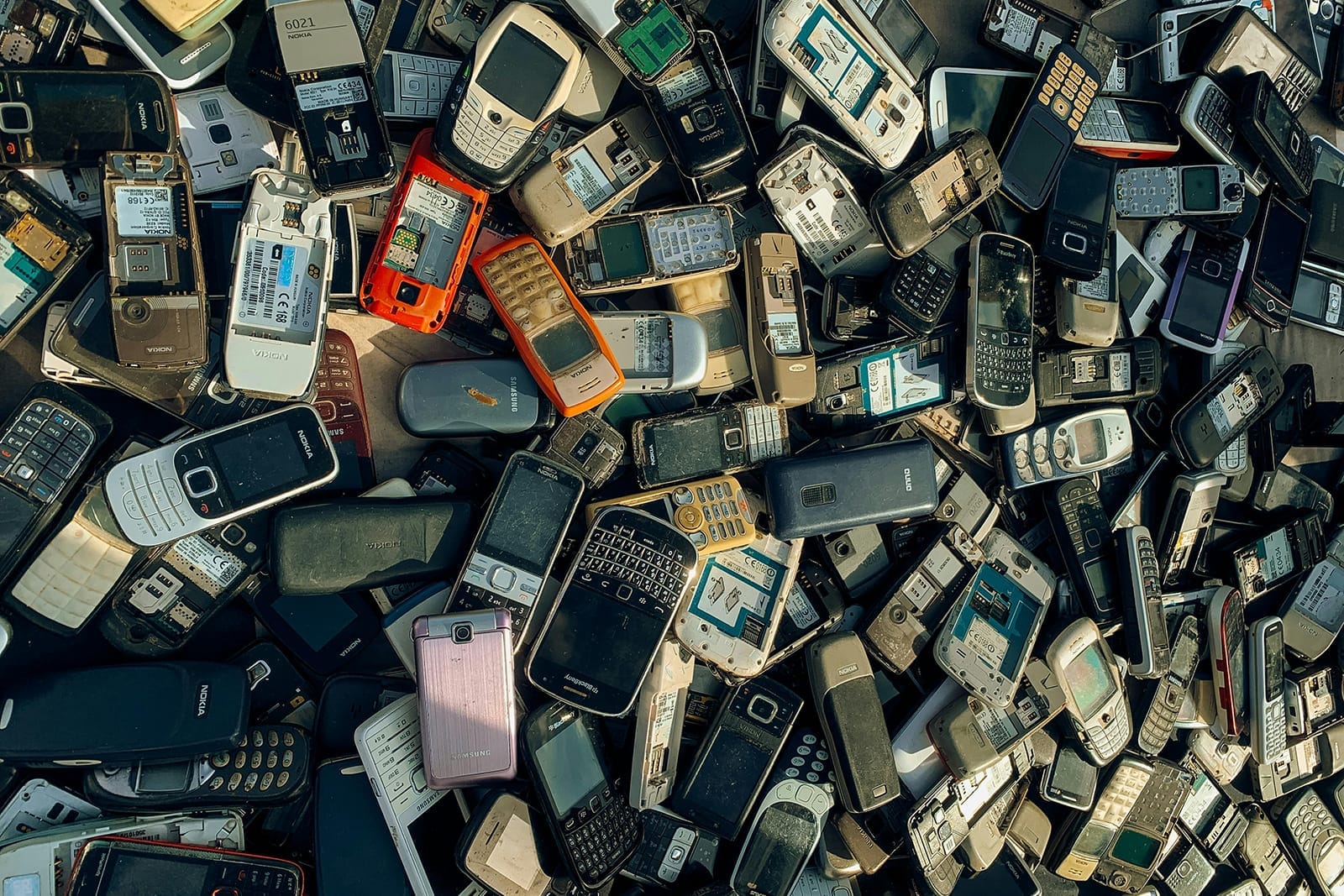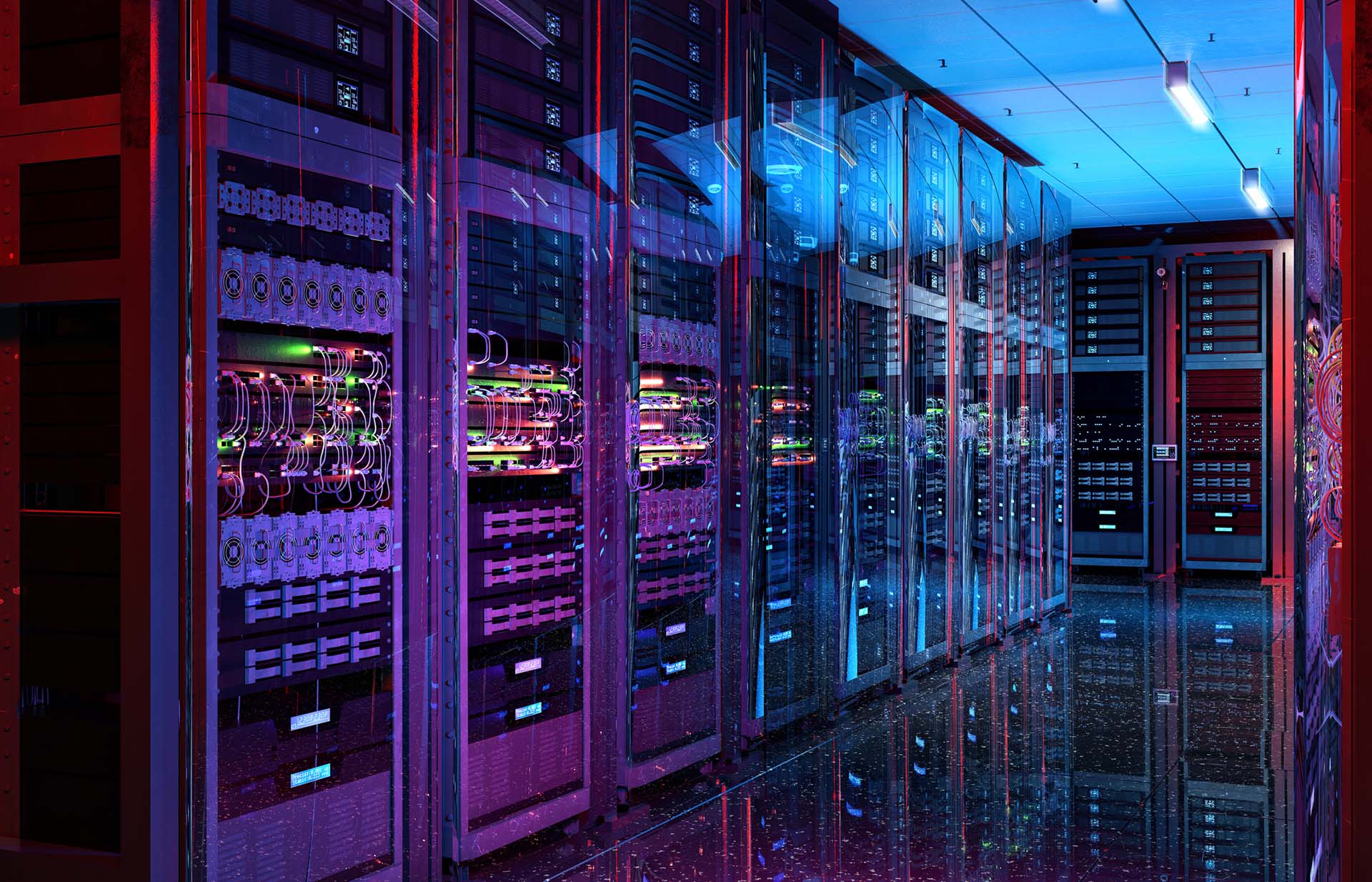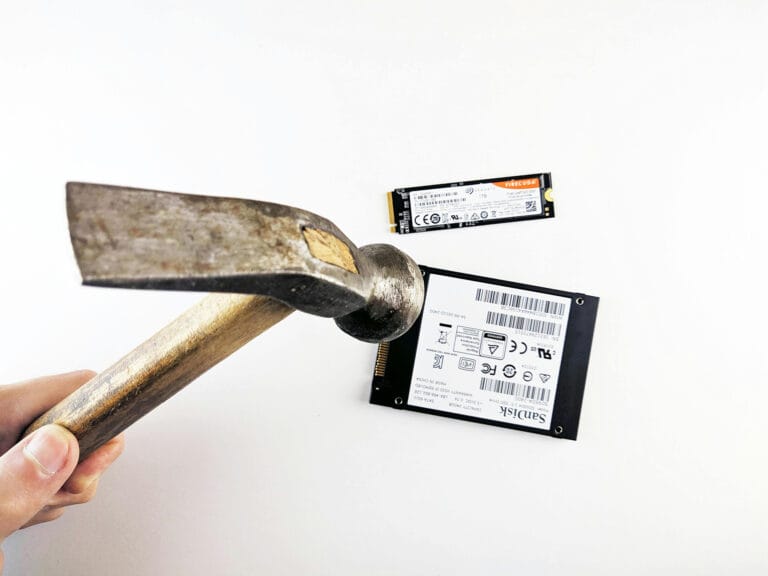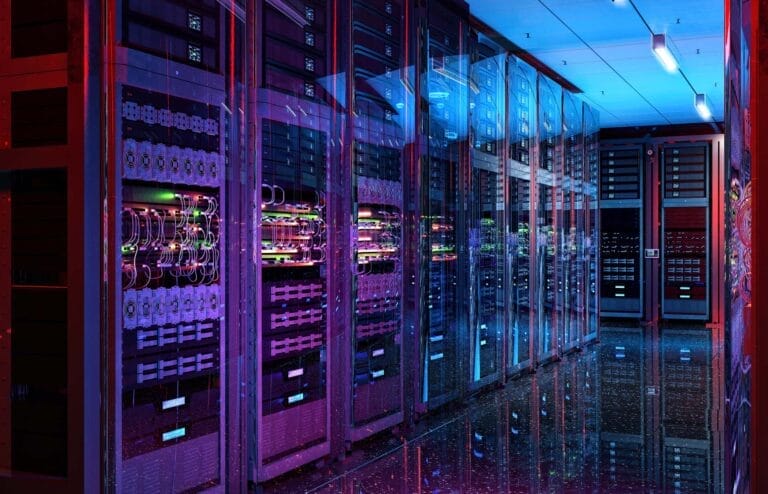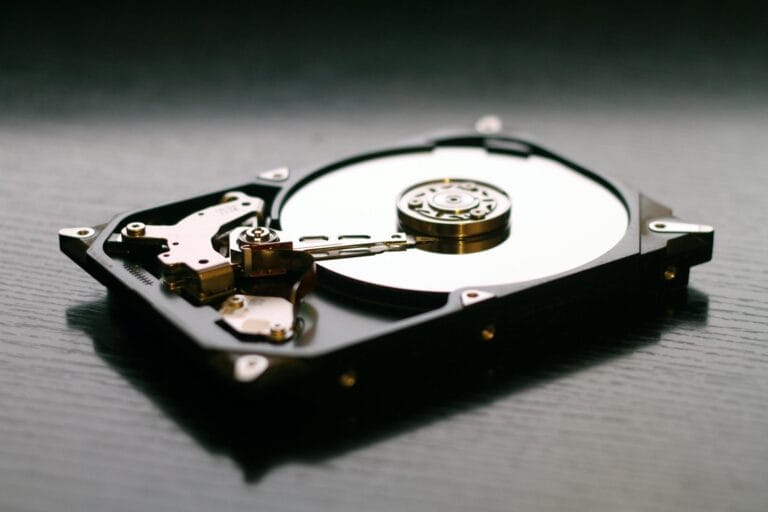The Environmental Impact of E-Waste and How Shredding Can Help
Technology’s progress is fast-paced, and in an environment where gadgets are constantly being upgraded, electronic waste, or e-waste, becomes a pressing issue. Each time we toss aside our old devices for the latest model, we contribute to a growing mountain of discarded electronics.
That’s why it’s essential for everyone, from tech companies to everyday consumers, to understand the impact of e-waste and how responsible disposal methods, such as shredding, can help.
The Dangers of E-Waste
E-waste includes everything from computers and smartphones to TVs and household appliances. Many of these products hold hazardous content, such as lead, mercury, and cadmium, which can leak into our environment if not disposed of correctly.
Here are some important facts to consider:
- Toxic materials: The World Health Organization (WHO) estimates that more than 60 million tons of e-waste are produced globally each year, much of which contains harmful substances. For instance, lead in old circuit boards can cause serious health problems, particularly for children and pregnant women. Think about the unimaginable number of old smartphones left in a landfill contaminating the soil and nearby water supply with these hazardous materials.
- Landfill overload: E-waste is one of the fastest-growing waste streams. According to the United Nations (UN), a staggering 80% of e-waste is in landfills, where it can take hundreds of years to decompose. This overload on landfills not only takes up space but can also lead to more frequent landfill expansions, which disrupt local ecosystems.
- Resource waste: Electronics contain valuable materials, including precious metals like gold and silver. For example, The Atlantic reports that 1 ton of e-waste can yield 200 grams of gold. If these materials are not recycled, we not only waste valuable resources but also increase the demand for mining, which harms the environment. The extraction of metals from the earth often leads to deforestation and soil erosion, further impacting biodiversity.
Why Shredding Matters
Shredding e-waste is an effective solution to combat these environmental issues. Here’s how it can help:
- Secure disposal: Shredding ensures that sensitive information stored on devices is destroyed, protecting individuals and businesses from identity theft. For instance, businesses handling client data can prevent breaches by securely shredding their old hard drives. This level of security is critical. The average cost of a data breach can exceed $3 million, notes PwC, not to mention the damage to reputation.
- Resource recovery: Shredding allows valuable materials to be reclaimed and recycled, reducing the need for new raw materials. Many shredding companies sort and process these materials to ensure they’re sent to appropriate recycling facilities. When you shred an old laptop, the plastic and metals they contain can be reprocessed and used in new products. This extra step not only reduces waste but also contributes to a circular economy.
- Reduced pollution: Proper shredding prevents toxic substances from polluting our environment, leading to cleaner air and water. When we shred and recycle e-waste responsibly, we help minimize pollution and its effects on wildlife and natural habitats. For example, the recycling of plastics and metals reduces pollution and also decreases greenhouse gas emissions, which contribute to climate change.
Embracing Sustainable Disposal
As consumers, we can all contribute to reducing e-waste. Here are some practical steps to take:
- Recycle responsibly: Look for certified electronics recycling programs that prioritize sustainable disposal. Many communities offer e-waste recycling events where you can safely drop off your old devices. Participating in these events not only keeps e-waste out of landfills but also raises awareness in the community.
- Educate others: Share the importance of e-waste shredding with family, friends, and colleagues. By spreading awareness, we can encourage responsible disposal practices. Consider hosting an informational session to discuss how everyone can contribute. Simple conversations can lead to greater action and a more informed community.
- Choose certified services: When seeking disposal options, look for companies specializing in responsible e-waste shredding like Marshall Shredding. Knowing that your devices are disposed of securely and sustainably can give you peace of mind. Plus, these services not only safeguard your data but also ensure that your e-waste is handled in an environmentally friendly manner.
When it comes to proper disposal of e-waste, it’s not just about protecting our personal information. It’s also about addressing the environmental impact of e-waste. By opting for shredding, we can significantly reduce our ecological footprint, contribute to a healthier planet, and ensure a sustainable future for generations to come.

